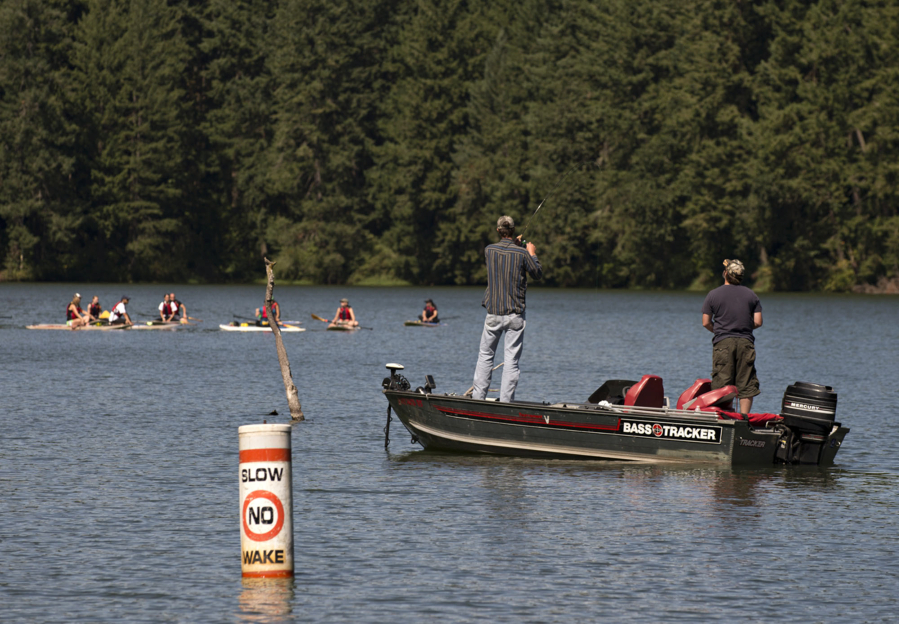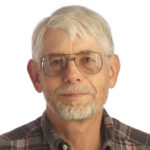Lacamas Lake has a great reputation as a getaway spot. Its namesake trail is one of the area’s recreational jewels.
And that’s not all the body of water has going for it: It’s been spawning some world-class science.
Our front page Thursday carried a Washington Post story that looked at a new study on greenhouse gases by scientists at Washington State University.
Actually, those scientists were from WSU Vancouver. The lead author of the study was research associate Bridget Deemer; co-author John Harrison is an associate professor at WSU Vancouver.
Their research paper looks at the role of man-made reservoirs in releasing methane into the atmosphere; it will be published Wednesday in the journal BioScience.
At a meeting last month in Minsk, Belarus, Harrison discussed including reservoir emissions as countries reported their greenhouse gas inventories.
So, yes, it’s a significant field of inquiry … and it started at Lacamas Lake.
“The work at Lacamas is cutting-edge stuff,” Harrison said a few days ago
WSU Vancouver has had a research project there for years. This research track developed, Harrison said, when “we started noticing bubbles coming out of Lacamas Lake.”
At one point, “We saw a big burst of bubbles and thought that might be important.”
It turned into Deemer’s Ph.D. project. (Deemer left a few days ago to start a new chapter in her life, Harrison said — a job with the U.S. Geological Survey in Arizona.)
The Lacamas Lake pool was created in the 1880s by industrialists who wanted to harness its hydropower for Camas mills, including a newsprint operation for The Oregonian.
Harrison didn’t have to look farther than the Columbia River for other examples.
“I grew up in Portland,” he said. “Clearly, reservoirs are a big part of this region. I’ve been aware of reservoirs and hydropower for a long time.”
Off Beat lets members of The Columbian news team step back from our newspaper beats to write the story behind the story, fill in the story or just tell a story.




